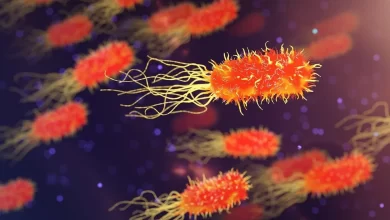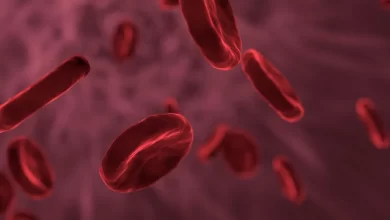Manganese is an essential trace mineral that plays a crucial role in maintaining good health. It is involved in various biochemical processes within the body, including the metabolism of amino acids, carbohydrates, and cholesterol. Manganese also contributes to bone formation, blood clotting, and antioxidant defense. Found in foods like nuts, whole grains, leafy vegetables, and fruits, manganese intake is important for supporting overall well-being. While a deficiency is rare, maintaining appropriate levels of manganese through a balanced diet contributes to the proper functioning of various physiological systems.
- Manganese is an essential trace element for humans, meaning it is required in small amounts for proper bodily functions. It is present in tissues, organs, and bones throughout the body.
- Manganese plays a critical role in the activation of various enzymes involved in metabolism, including those that facilitate the breakdown of carbohydrates, amino acids, and cholesterol. This helps the body utilize these nutrients effectively.
- Manganese contributes to the formation of healthy bones and cartilage. It is involved in the synthesis of glycosaminoglycans, which are essential components of connective tissues found in joints and bones.
- Manganese is a component of the enzyme superoxide dismutase (SOD), which is responsible for neutralizing harmful free radicals and reactive oxygen species. This antioxidant function helps protect cells from oxidative damage.
- Manganese is required for normal neurological function. It is involved in the synthesis of neurotransmitters, including serotonin, dopamine, and norepinephrine, which play crucial roles in mood regulation and cognitive function.
- Manganese is involved in the metabolism of carbohydrates and helps regulate blood sugar levels. It contributes to the proper functioning of enzymes that play a role in glucose metabolism.
- Manganese is essential for normal reproductive health and fertility. It is involved in the synthesis of sex hormones and supports proper reproductive organ function.
- Manganese is necessary for proper collagen formation, which is crucial for wound healing and maintaining healthy skin.
- While manganese deficiency is rare, it can lead to symptoms such as impaired growth, skeletal abnormalities, and reproductive issues. On the other hand, excessive manganese intake, often due to industrial exposure, can lead to neurological problems similar to Parkinson’s disease, known as manganism.
- Manganese is obtained through the diet. Foods rich in manganese include nuts, whole grains, leafy green vegetables, legumes, tea, and certain fruits.
- The recommended dietary allowance (RDA) for manganese varies depending on age, gender, and life stage. For adults, the RDA ranges from 1.8 to 2.3 milligrams per day.
- Manganese metabolism can be influenced by other minerals, such as iron and calcium. High levels of one mineral might affect the absorption or utilization of another.
- Manganese needs may increase during pregnancy and lactation due to the demands of fetal growth and milk production.
- Manganese serves as a cofactor for numerous enzymes involved in different biochemical reactions. These enzymes are responsible for processes such as energy production, DNA synthesis, and the metabolism of amino acids and fatty acids.
- Manganese is essential for the proper function of mitochondria, which are the “powerhouses” of cells responsible for generating energy. It supports the production of ATP (adenosine triphosphate), the primary energy currency of cells.
- Manganese contributes to the synthesis of proteoglycans, which are molecules that help maintain the structure and function of connective tissues, including tendons, ligaments, and cartilage.
- Manganese plays a role in supporting thyroid function by participating in the conversion of the thyroid hormone thyroxine (T4) to its active form, triiodothyronine (T3). Thyroid hormones are essential for regulating metabolism and energy production.
- Adequate manganese intake is important during pregnancy for the proper development of the fetal brain and nervous system. Manganese supports the formation of neuronal connections and overall brain function.
- Manganese is involved in the cross-linking of collagen fibers, which enhances the strength and stability of connective tissues like skin, tendons, and blood vessels.
- Manganese’s role in neurotransmitter synthesis and antioxidant defense contributes to maintaining healthy cognitive function and preventing cognitive decline associated with aging.
- The body maintains a delicate balance of manganese levels through excretion by the liver and kidneys. Excess manganese is primarily excreted through bile and feces.
- Factors like dietary fiber, phytate (found in grains), and calcium content can influence manganese absorption. Consuming a balanced and diverse diet can help optimize manganese intake and absorption.
- Genetic variations can influence how individuals metabolize and utilize manganese. Some people may have genetic factors that affect their manganese requirements or how their bodies respond to different levels of intake.
- Manganese is present in many multivitamin and mineral supplements. It’s important to follow recommended dosages, as excessive supplementation can lead to toxicity.
- Manganese levels can be measured in blood, urine, and hair samples to assess nutritional status. However, interpreting these measurements requires consideration of various factors.






